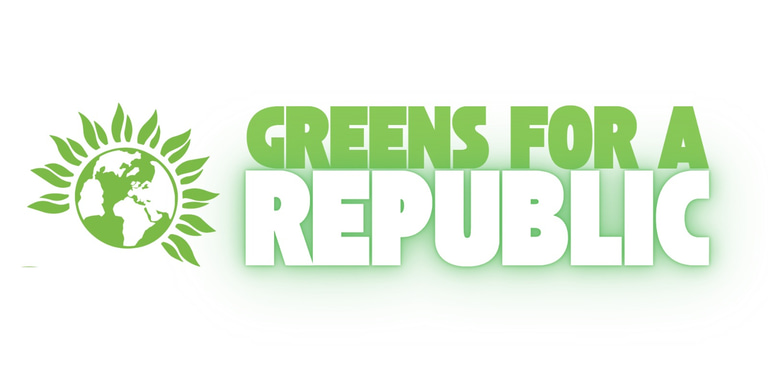5 Myths About Republics
Misconceptions about republics mean that some people are put off the idea of Britain becoming a republic. Here are 5 myths about republics.
8/29/20252 min read
Myth 1: Republics are inherently unstable.
Claim: Monarchists often argue that republics are prone to frequent changes in government, coups, or civil unrest.
Why It’s Wrong: Stability depends on the political culture, institutions, and historical context of a country, not its system of government. Countries like the Finland, Switzerland, and Germany have long histories of stable republican governance. Conversely, monarchies have also experienced instability, such as revolutions and abdications (e.g., the Russian Empire, the French monarchy).
Myth 2: Republics lack national unity or identity.
Claim: Monarchists suggest that a monarch serves as a unifying figurehead, while republics, lacking such a figure, are more divided.
Why It’s Wrong: Republics can foster national unity through shared democratic values, civic nationalism, and institutions that represent the will of the people. For example, France and the United States have strong national identities rooted in republican principles. Meanwhile, monarchies can also face deep divisions, as seen in the United Kingdom's struggles with Scottish independence or Spain's regional tensions.
Myth 3: Republics are less cost-effective than monarchies.
Claim: Monarchists argue that maintaining a republic is more expensive than supporting a monarchy due to the costs of elections and ceremonial functions.
Why It’s Wrong: The costs of a monarchy is high when considering royal estates, security, and ceremonial events funded by taxpayers. For instance, the British royal family costs £510m annually (source: Republic). Republics like Ireland and Finland demonstrate that heads of state in republics can perform their duties at a fraction of the cost.
Myth 4: Republics are always dominated by corrupt politicians.
Claim: Monarchists may assert that elected leaders in republics are self-serving and corrupt, while monarchs are above politics and act in the national interest.
Why It’s Wrong: Corruption is not exclusive to republics; monarchies can also face scandals involving royals or their associates. Furthermore, republics have mechanisms like checks and balances, independent judiciaries, and press freedoms to address corruption. The accountability of elected leaders often ensures that abuses of power are exposed and corrected more readily than in hereditary systems.
Myth 5: Monarchies are more traditional and representative of a nation's heritage.
Claim: Monarchists argue that republics break with tradition and cultural continuity, whereas monarchies embody centuries of national history.
Why It’s Wrong: Republicanism is not inherently anti-tradition; many republics incorporate historical symbols, ceremonies, and traditions into their governance. For example, Italy and India, both republics, celebrate their rich histories through cultural institutions. Monarchies often try to modernise and adapt, meaning their "tradition" is as dynamic and constructed as republican traditions.
These myths often stem from a romanticised view of monarchy rather than an evidence-based analysis of governance systems. Both monarchies and republics have strengths and weaknesses that depend on context, but these claims oversimplify the complex realities of political systems.
